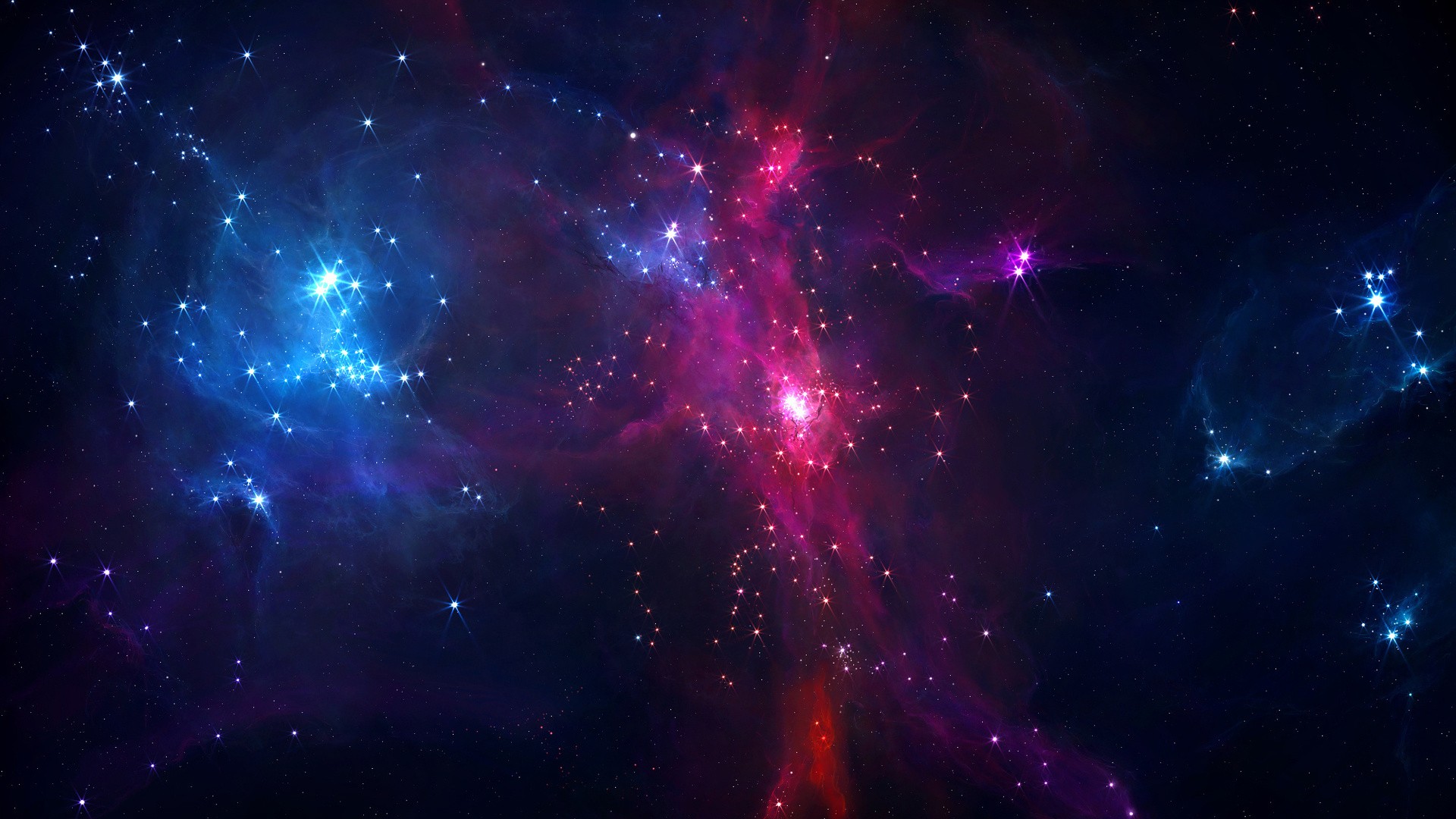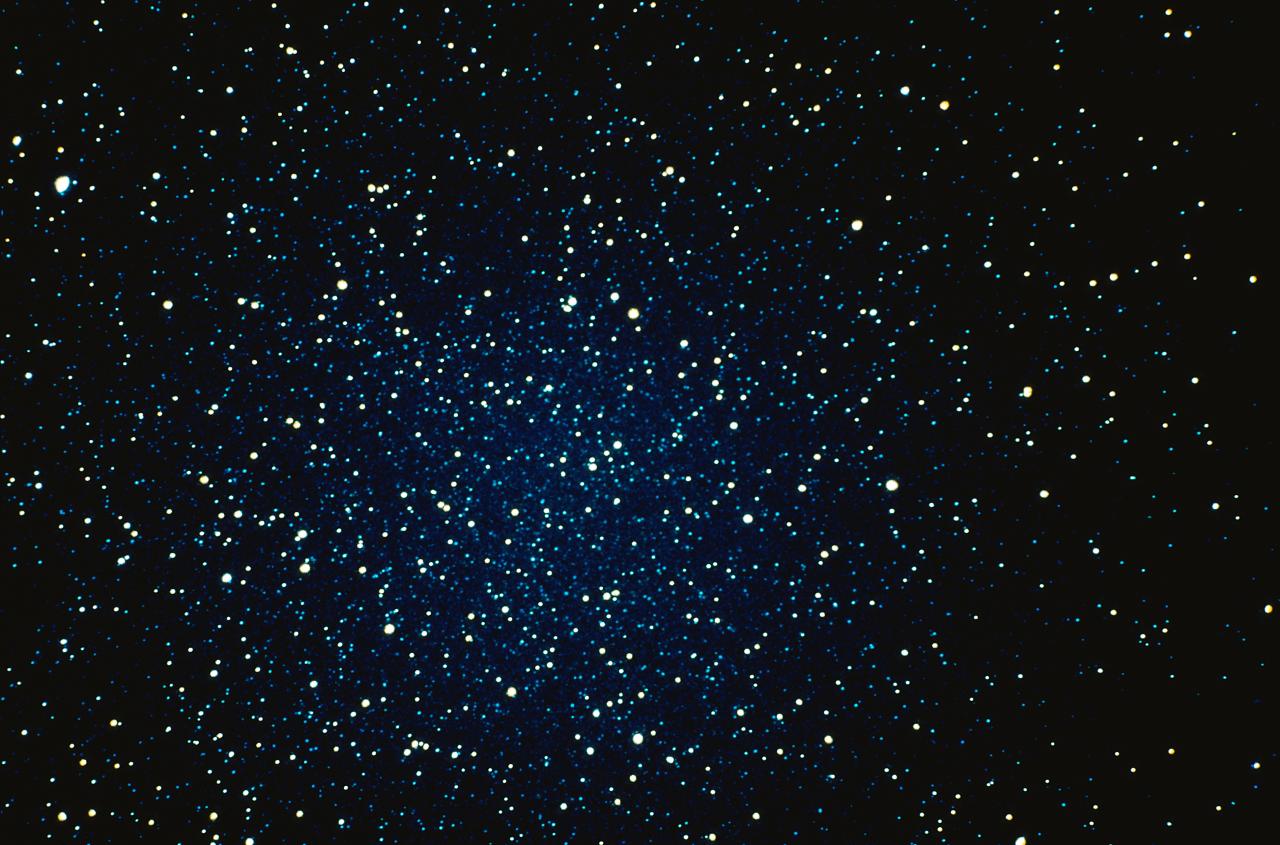
Using artificial intelligence algorithms, researchers with the Breakthrough Listen project discovered 72 previously undetected fast radio bursts from a still-unknown source some 3 billion light years away.

NASA recently released a 360-degree panoramic image based on images taken by the Curiosity rover, which showed its latest drilling site.

Using data from NASA's Kepler Space Telescope, an international team has discovered a new exoplanet twice the size of Earth. It orbits its star every six days and is about 10 times closer than Mercury is to the Sun.

Of the thousands of known exoplanets, Kepler-452b has the most ideal combination of UV light exposure and conditions for liquid water.

The Japanese startup PD Aerospace is developing a reusable space plane that will use a combination of jet engines and a rocket motor to take customers to space by as early as 2023.

A Japanese team is testing a small prototype space elevator. The pair of satellites will be released from the ISS and a container acting like an elevator car will be moved on a cable connecting the satellites using a motor.

Key to the mission is NASA’s Ice, Cloud and land Elevation Satellite-2, which will use the laser instrument to measure - within the width of a pencil - the amount of land ice elevation changes in Antarctica and Greenland.

Hubble Space telescope snapped a series of stunning images of auroras dancing in the sky. The observations were taken before and after the Saturnian northern summer solstice.

Two years after launch, NASA’s OSIRIS-REx spacecraft has snapped its first pictures of asteroid Bennu, setting the stage for a cautious approach designed to put the probe in orbit around its quarry on New Year’s Eve.

In addition to the Space Launch System (SLS) and the Orion spacecraft, NASA have teamed up with Lockheed Martin and other contractors to develop the Deep Space Gateway.

The international research team found that magnetic field reversals could happen much more rapidly than the thousands of years previously thought to be needed.

Fears are mounting that the catastrophic “Big One” earthquake could rip through California, after 70 quakes rocked the deadly Ring of Fire in just 48 hours.

Using data from NASA's Moon Mineralogy Mapper instrument, scientists have identified three specific signatures that definitively prove there is water ice at the surface of the Moon.

MIT researchers have found the quasar, PKS 1353-341, is simply so bright it drowns out the light from hundreds of galaxies in a surrounding cluster.

Scientists have shown that water is likely to be a major component of those exoplanets which are between two to four times the size of Earth. It will have implications for the search of life in our Galaxy.